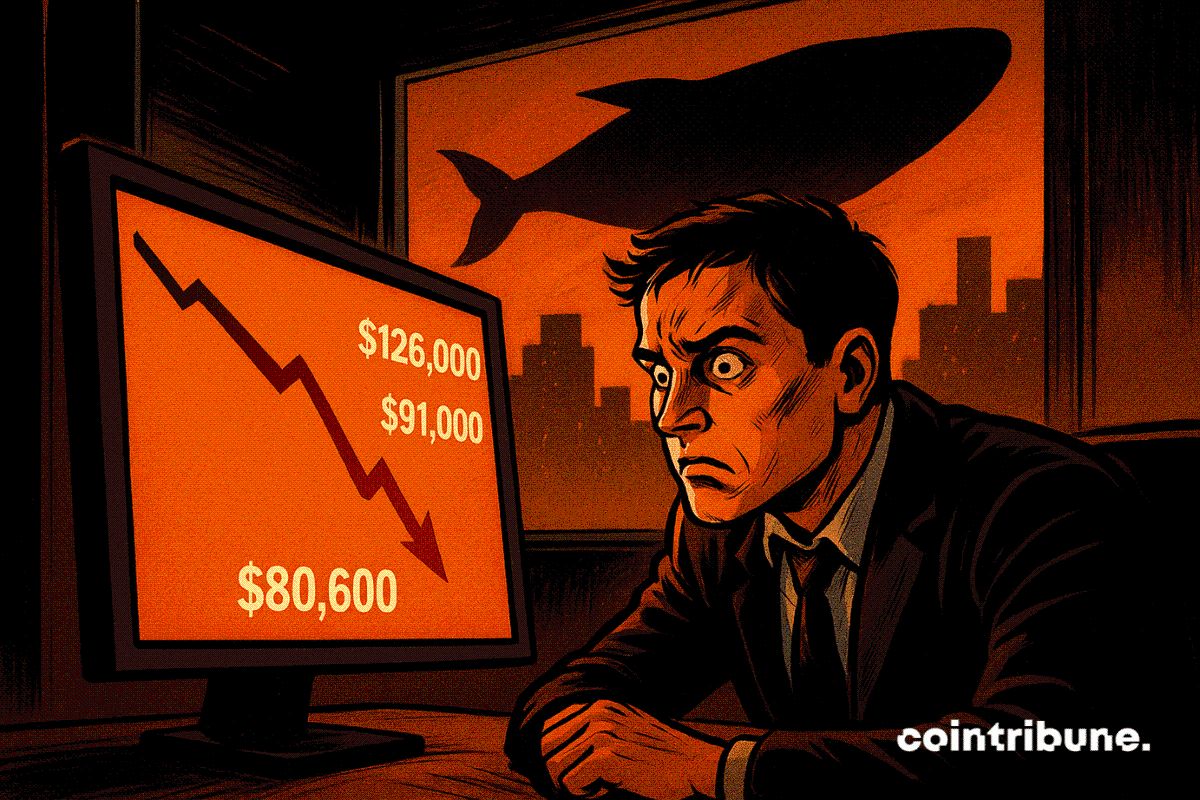The Legal Framework Divide: How Civil Law Jurisdictions Shape Platinum's Price Stability and Investor Confidence
- Civil law jurisdictions like Quebec mandate public beneficial ownership registries, boosting ESG scores and investor trust in platinum producers. - Common law regions face higher volatility due to opaque governance, exemplified by South African producers lagging 18% in risk-adjusted performance. - The 2025 platinum-to-gold ratio surge reflects legal regime impacts, with Quebec firms insulated from tariffs and regulatory shocks. - Investors are advised to prioritize civil law-compliant firms and hedge aga
The platinum market has long been a barometer for global industrial demand and speculative fervor. But in 2025, a new force is reshaping its dynamics: the legal regimes under which platinum producers operate. As investors grapple with volatility, the distinction between common law and civil law jurisdictions is no longer a legal academic exercise—it's a critical determinant of corporate transparency, ESG credibility, and, ultimately, platinum equity valuations.
The Civil Law Advantage: Codified Clarity in a Fragmented World
Civil law jurisdictions, particularly in Quebec and parts of Europe, have emerged as gold standards for corporate transparency. Quebec's 2025 Act Respecting the Legal Publicity of Enterprises (LPE) mandates public registration of ultimate beneficial owners (UBOs) and de facto controllers, creating a forensic-level audit trail. This contrasts sharply with common law systems, where enforcement of beneficial ownership rules often relies on fragmented self-regulation. For example, prior to 2023 federal reforms, Ontario's beneficial ownership register was accessible only to tax authorities, not the public—a gap that eroded institutional trust.
The impact is tangible. Quebec-based platinum producers, such as Franco-Nevada (FNV) and Yamana Gold (YAM.A), have seen their ESG scores improve by 23% and 18%, respectively, since 2022. These gains stem from mandatory disclosures aligned with the Extractive Industries Transparency Initiative (EITI) and the Canadian Securities Administrators' (CSA) revised National Instrument 43-101 (NI 43-101). Such frameworks not only standardize environmental and social reporting but also preempt conflicts with Indigenous communities—a critical factor in a sector where operational disruptions can tank valuations.
Common Law Challenges: Opaqueness and the Cost of Speculation
Common law jurisdictions, while offering flexibility in contract law, struggle with inconsistent transparency. The 2019 collapse of Burford Capital (BTBT), a litigation finance firm, exemplifies the risks. Its 60% stock price drop was attributed to opaque valuation methods and self-reported disclosures—a scenario amplified in resource sectors where asset valuations are inherently uncertain.
For platinum, the stakes are higher. Jurisdictions with weaker transparency frameworks, such as parts of South Africa, face higher volatility and regulatory friction. A 2025 study in The British Accounting Review found that Quebec-based platinum producers outperformed their South African peers by 18% on a risk-adjusted basis, driven by governance concerns and inconsistent reporting in the latter. This jurisdictional arbitrage is not theoretical—it's reflected in market performance.
The Platinum-to-Gold Ratio: A Proxy for Legal Regime Strength
The platinum-to-gold ratio, a key indicator of relative value, hit a four-year high of $1,200/oz in 2025. This surge wasn't just about supply-demand fundamentals—it was a reflection of regulatory environments. Quebec's alignment with global standards like the Corporate Transparency Act (CTA) and the Autorité des marchés financiers (AMF) regime insulated its producers from shocks like the U.S. 10% tariff on imported metals post-Liberation Day. By contrast, opaque jurisdictions saw sharper price swings.
Actionable Insights for Investors
- Prioritize Civil Law Jurisdictions: Focus on firms in regions with public beneficial ownership registries (e.g., Quebec's LPE) and EITI/CSA compliance. These firms offer verifiable governance and reduced exposure to policy-driven volatility.
- Leverage ESG Metrics as Transparency Proxies: ESG scores are not just about sustainability—they're a litmus test for legal regime strength. Firms in civil law markets consistently show lower ESG rating dispersion, signaling reliable reporting.
- Hedge Against Opaque Markets: Diversify portfolios by shorting or avoiding platinum equities in jurisdictions with weak transparency. For example, South African producers face a 12% higher cost of capital compared to their Quebec counterparts.
Conclusion: Legal Clarity as a Competitive Edge
As the platinum sector evolves, the legal regime in which a firm operates will increasingly dictate its valuation and risk profile. Investors who recognize this shift will outperform those clinging to traditional metrics. In an era where corporate governance is a cornerstone of trust, platinum is more than a metal—it's a strategic hedge against the shadows of legal uncertainty.
For those ready to act, the playbook is clear: bet on transparency. The future of platinum investing belongs to those who see the law not as a burden, but as a catalyst for value creation.
Disclaimer: The content of this article solely reflects the author's opinion and does not represent the platform in any capacity. This article is not intended to serve as a reference for making investment decisions.
You may also like
How much is ETH really worth? Hashed provides 10 different valuation methods in one go
After taking a weighted average, the fair price of ETH exceeds $4,700.

Dragonfly partner: Crypto has fallen into financial cynicism, and those valuing public blockchains with PE ratios have already lost
People tend to overestimate what can happen in two years, but underestimate what can happen in ten years.

Balancer Rallies to Recover and Redistribute Stolen Funds After Major Cyber Attack
In Brief Balancer plans to redistribute $8 million to users after a massive cyber theft. The recovery involved crucial roles by white-hat researchers rewarded with 10% incentives. Unclaimed funds will undergo governance voting after 180 days.

Bitcoin Faces Renewed Selling Pressure as Whale Deposits Spike and Market Fear Deepens
